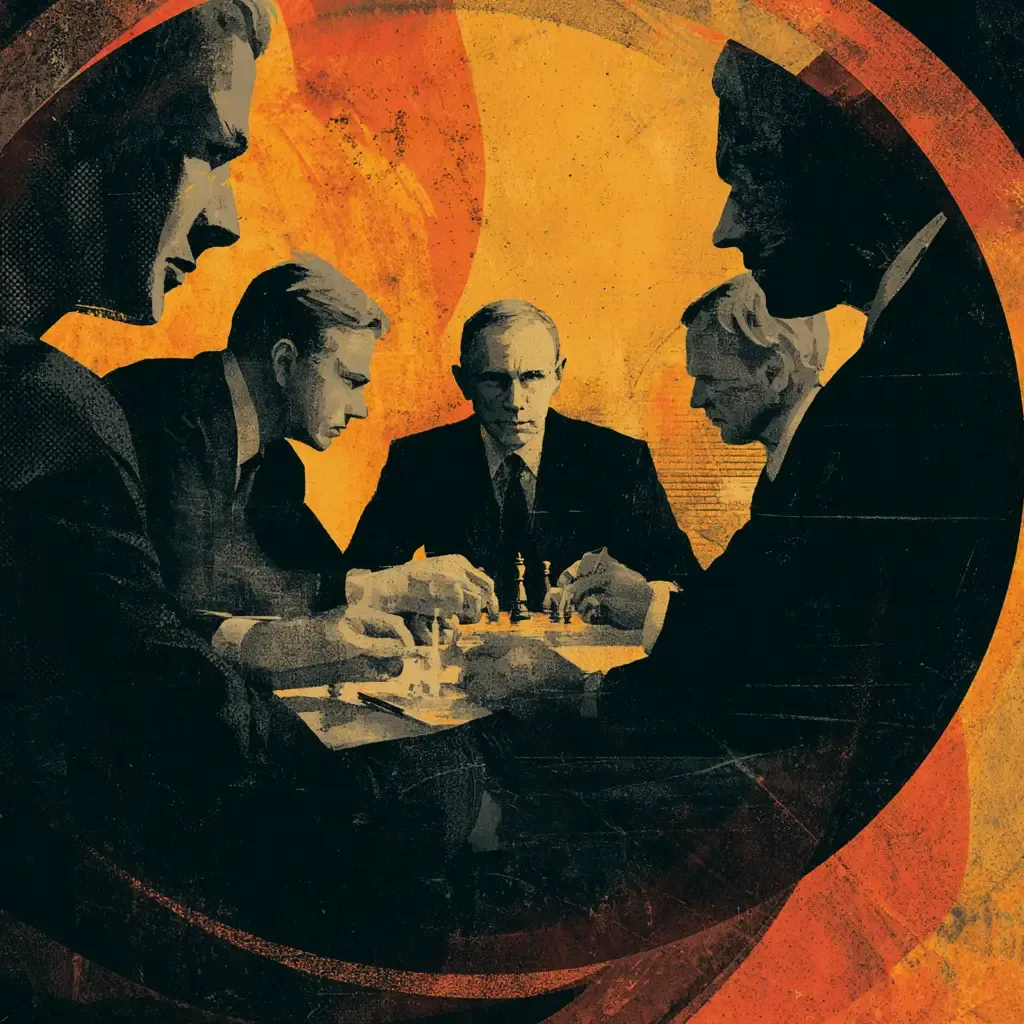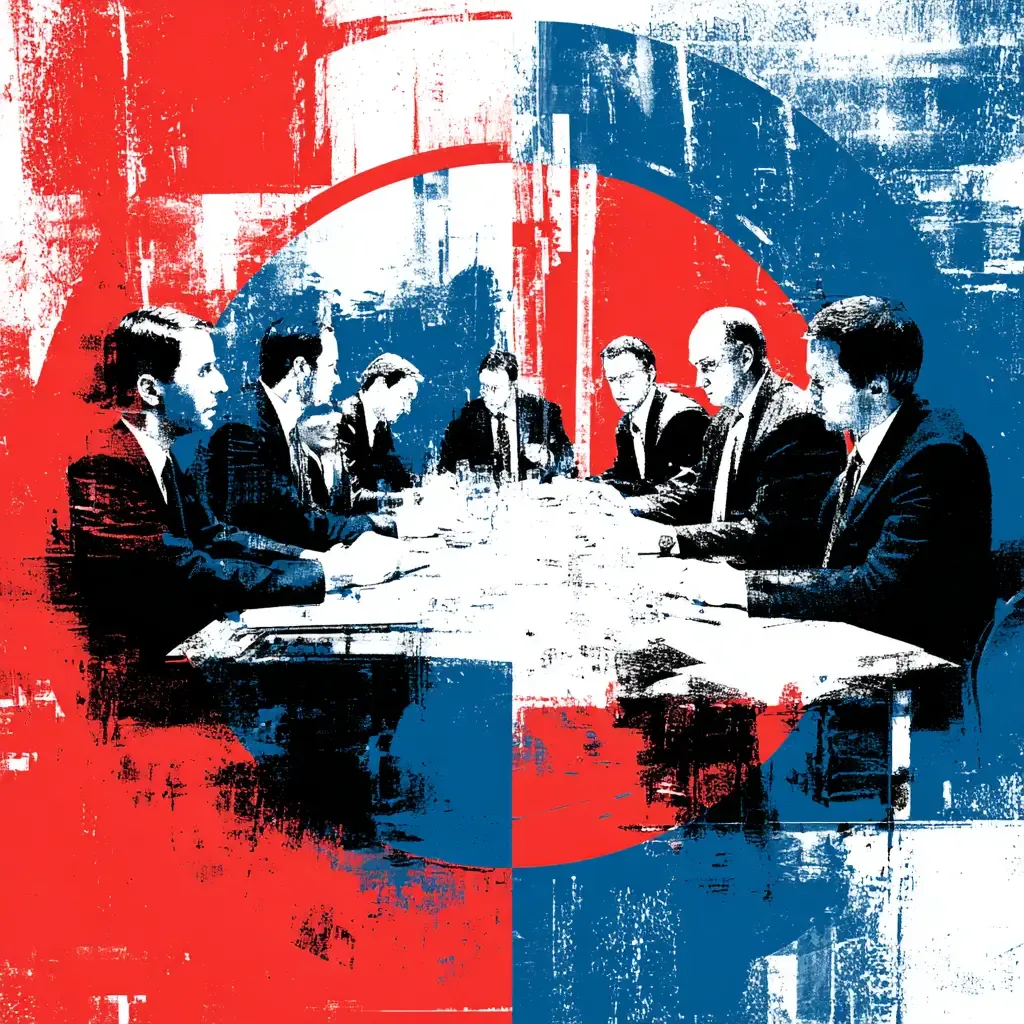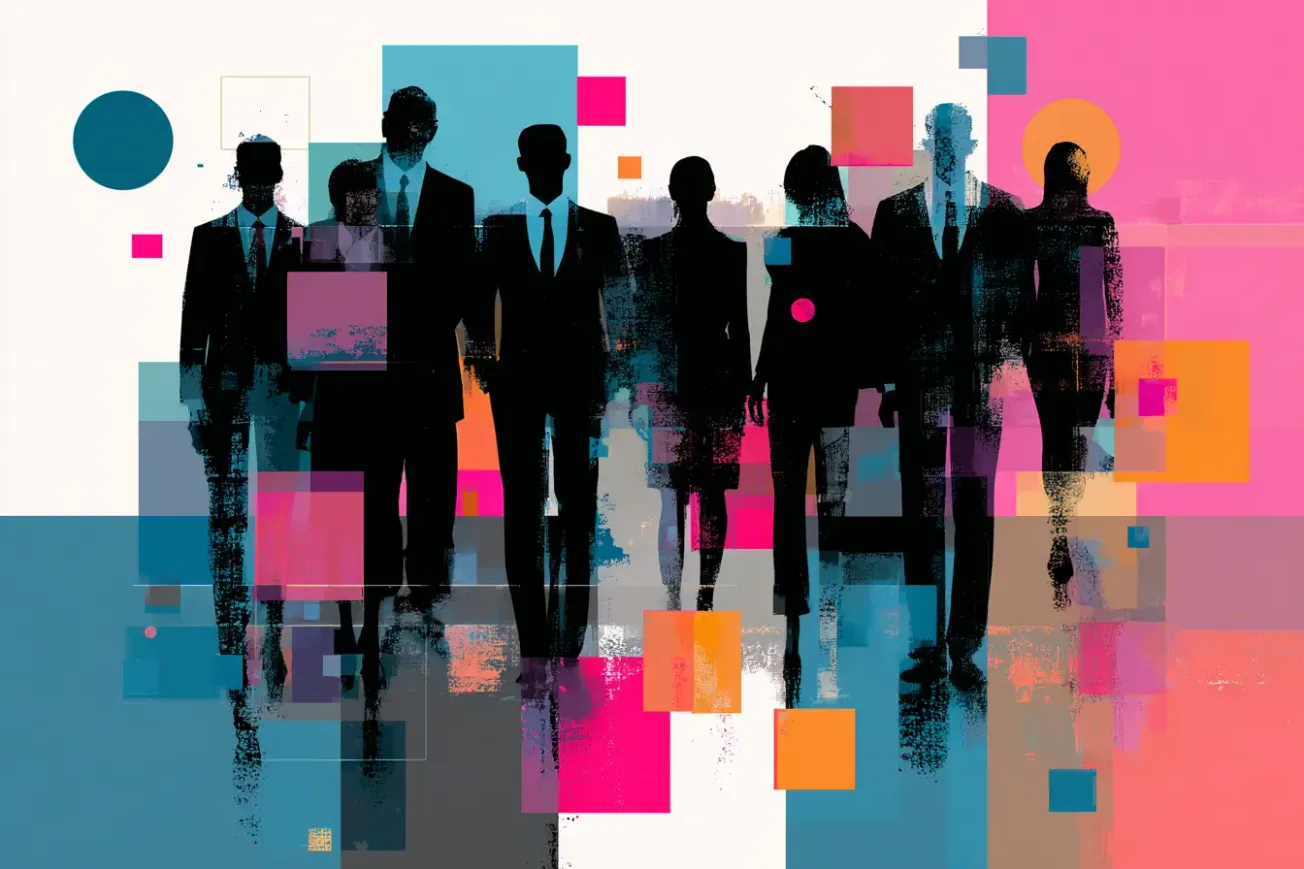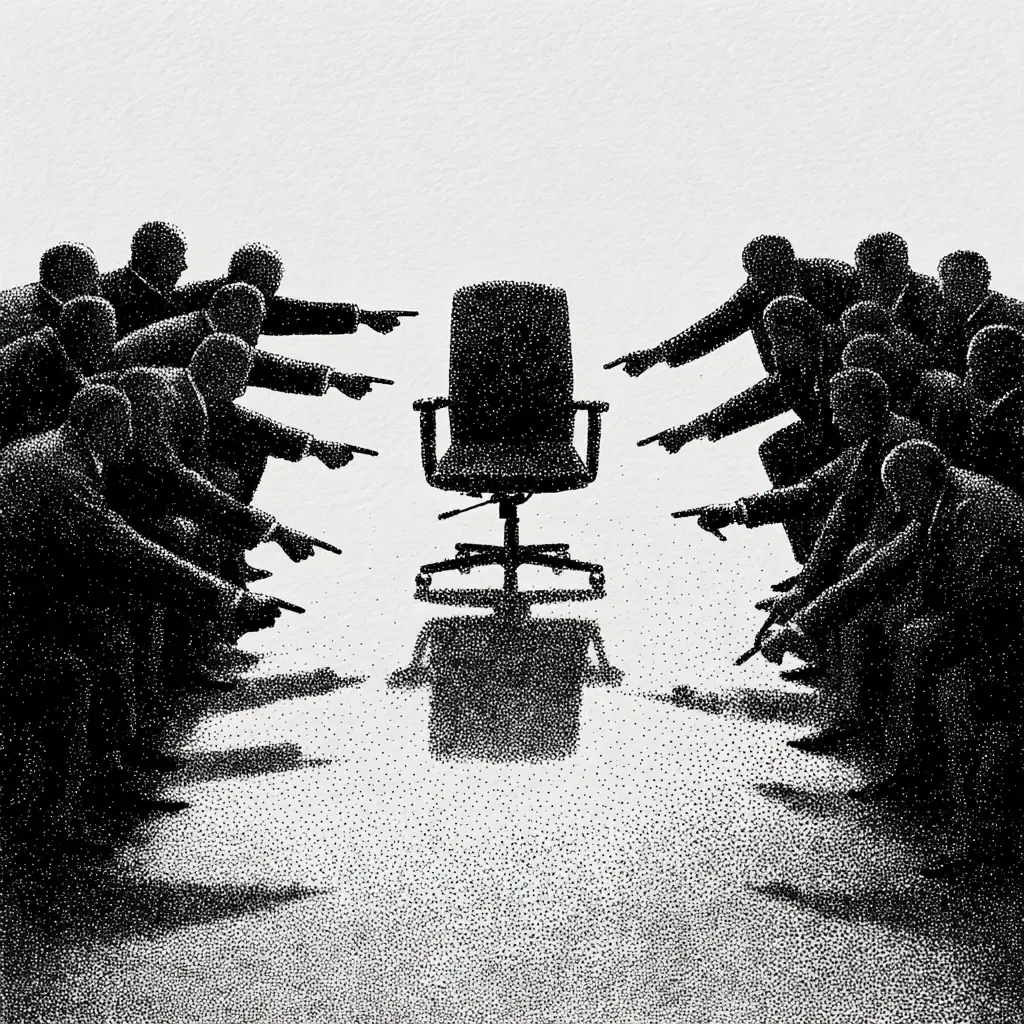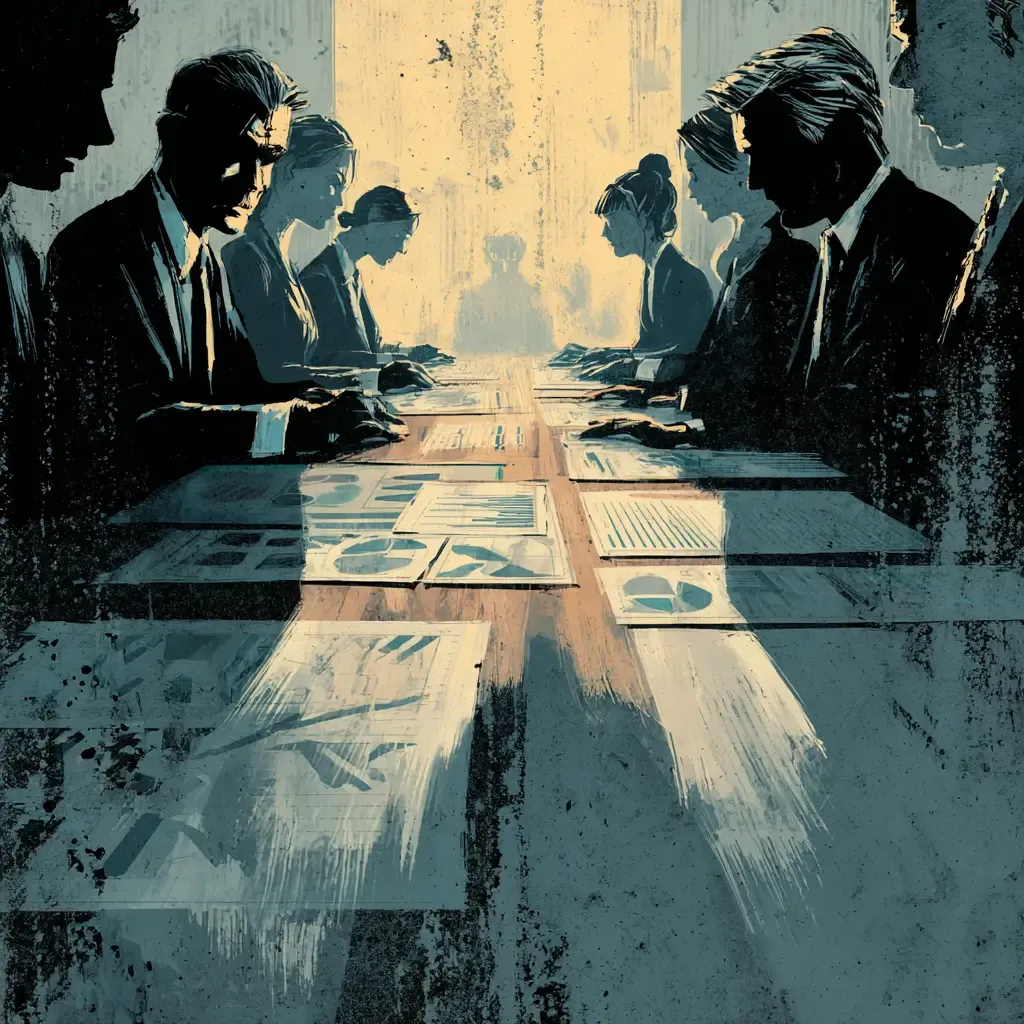The Fractured Reality of the Embedded Consultant
As a contractor, you're not just working in one system. You’re embedded. And that means you often live across multiple digital ecosystems. Client-side, you might be using Microsoft Teams, SharePoint, Outlook, and Planner. Meanwhile, a separate client uses Google Workspace with Chat, Drive, Calendar, and Gmail. Your firm might rely on Slack or Basecamp. Your own LLC admin work? Probably routed through your personal email, Wave, QuickBooks, or Notion. Add in SMS, LinkedIn messages, and the occasional DM on a platform you forgot you had open, and you start to see the problem.
What passes for productivity in this environment is often just frantic monitoring. Checking for red dots. Responding to pings. Staying alert. The actual work — the kind you were brought in to do — gets squeezed between the seams.
The Immediacy Trap: When Messaging Feels Like Firefighting
Messaging platforms were designed to remove friction, but they often remove the ability to focus. You may be deep in a deliverable when you get a "Can I grab you for a sec?" from a project lead. You glance at the clock. It's not even 9:00 a.m. yet.
What follows is an unscheduled meeting, three unexpected decisions, and five new To-Dos you didn’t know existed when you made your coffee.
And that rhythm persists all day. Questions come in one sentence at a time, often spread across systems. A conversation starts in Teams, spills into email, then loops in a Slack message referencing a document you didn’t know existed. The expectation is instant response, but the system itself is built to scatter your attention.
In this climate, doing deep, strategic work isn’t just hard. It becomes subversive.
The Illusion of Responsiveness
Somehow, "responsiveness" has become a proxy for competence. We reward those who reply quickly, not necessarily those who think clearly. In organizations with low digital discipline, the fastest responder wins — even when the response derails work.
The freelance consultant gets caught in this trap disproportionately. There’s a fear that slow replies will be read as disengagement. And so we lean in, compulsively scanning, replying in real-time, trying to stay visible across half a dozen platforms.
But there's a hidden cost. The more you fragment your attention, the harder it is to remember, connect, or reflect. And with no clear boundary between work and personal systems, even our time off can feel like a triage shift.
Context Switching Is a Tax
You know this already, but it bears repeating: context switching has a cognitive cost. Every time you jump from a client Teams thread to your own billing system, then back to Google Chat to check a project file, you’re burning attention.
You might be thinking: that’s just the job. But is it?
It doesn’t have to be. The systems are real, but the rituals around them are negotiable. The job is to deliver outcomes, not chase pings. And protecting your mental clarity isn’t self-indulgence — it’s part of staying effective. Especially when your role demands both agility and insight.
Design for Focus, Not Just Access
We can’t shut off the tools, but we can build guardrails:
- Centralize your dashboard. Use a Notion board, Obsidian daily note, or physical notepad to track your "true north" priorities each day.
- Timebox response windows. Check platforms at set times, not continuously. Let partners know your cadence ("I check Slack at 11 and 3.")
- Mute relentlessly. Not every channel needs to be live. Disable notifications on non-critical groups or archive dead projects.
- Script your boundaries. "I saw your message come through and will respond by tomorrow morning." Simple, clear, calm.
- Default to fewer tools. If you have control, pick one stack and stay in it. Push for consolidation. Explain the overhead of fragmentation.
You don’t have to be a Zen master. But you do need to be the architect of your own attention.
Real Talk: My Setup
Here’s my reality. I’ve got a client that runs on O365 and Teams. Another on Google Workspace and Chat. My billing and invoicing runs through Wave, my company email is routed through Gmail, and my personal email is Proton Mail and Hey.com. I use Obsidian and Todoist for project tracking and daily tasks. I get SMS from stakeholders, and the occasional LinkedIn DM that kicks off a new client convo.
I’ve lost track of how many times I’ve had to search three different calendars to find a meeting. Or where I’ve re-read a message thinking it was new because it came in on a different platform.
So I started drawing a daily boundary. I don’t start responding until I’ve spent at least 30 minutes writing or planning in quiet. No Teams. No Slack. No email. That sacred window lets me lead my day — instead of following it.
Final Thought
In a world where urgency has become ambient, choosing focus is a radical act. The consultant of the future isn’t just fluent in tools — they’re fluent in boundaries. They know that clarity is a finite resource, and treat it as such.
Urgency will always find you. But it doesn’t have to own you.
ChangeGuild: Power to the Practitioner™
Frequently Asked Questions
Why do consultants deal with so many communication systems?
Independent consultants often work across multiple client ecosystems. Each one may use different platforms—like Microsoft Teams, Slack, Google Workspace, or Zoom—while also managing their own business tools. The result? Communication overload and context-switching fatigue.
What is the “tyranny of the urgent”?
It’s the feeling that every ping, message, or notification demands immediate attention—leaving little room for deep work. When urgency drives the day, strategy and reflection get sidelined.
How does this affect focus and productivity?
Constant interruptions from multiple platforms lead to fractured attention. Research shows context-switching burns mental energy, reduces clarity, and increases errors. For freelancers, it’s a hidden productivity tax.
What tools or practices help consultants stay focused?
Simple, intentional practices go a long way:
- Time-blocking for focused work
- Setting communication windows
- Muting non-critical channels
- Using a dashboard (e.g. Notion or Obsidian) to stay centered
- Creating scripts to protect boundaries
Is it okay to respond slowly in a fast-message world?
Yes. Responsiveness shouldn’t come at the cost of insight. Clear communication about when you’ll reply builds trust—and protects your brainpower for what matters.
Feeling overwhelmed by noise?
You’re not alone. Practitioners like you are being pulled across too many platforms, priorities, and pings. ChangeGuild helps you focus on what matters—so you can lead with clarity, not chaos.
Join the Guild. Content. Courses. Coaching. Built for real change work.


